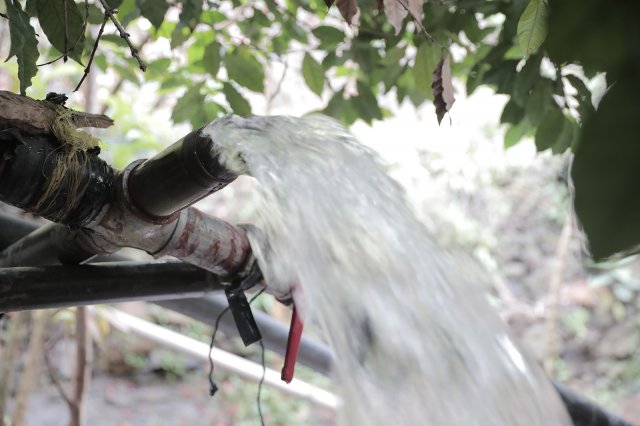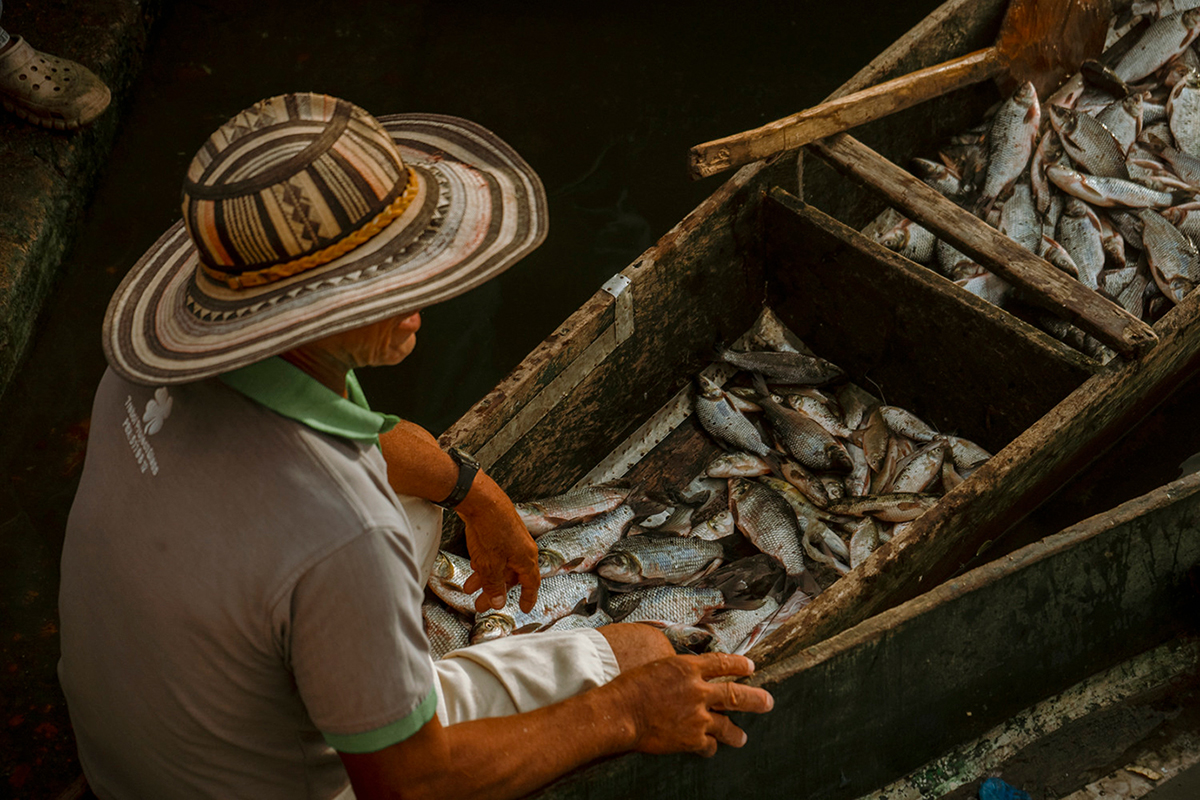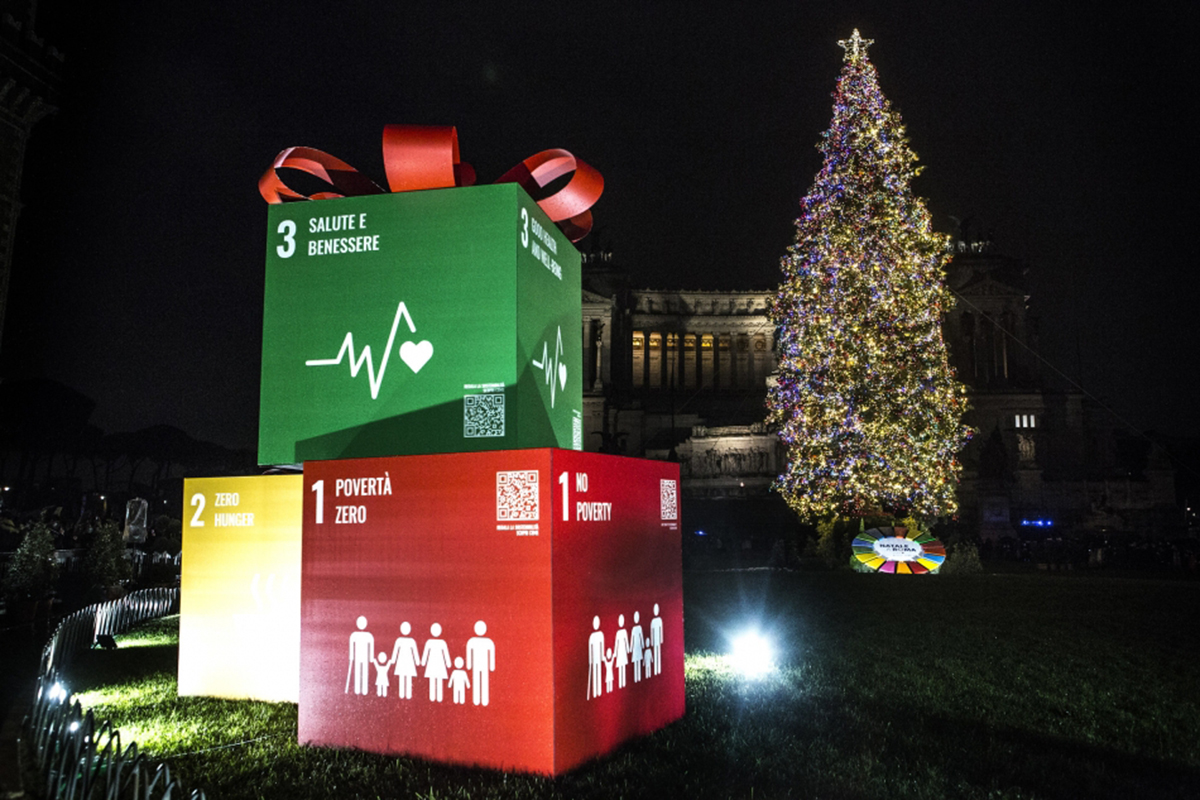Imataca is a vast tropical forest in southeast Venezuela spanning 38,000 square kilometers. Rich in biodiversity, the forest is home to thousands of plant and animal species. Decades of illegal logging and mining have led to deforestation and loss of wildlife. The Karina indigenous people living in the forest are working hard to change this. Through a women-led initiative, supported by the Food and Agriculture Organization of the United Nations (FAO), they’re ensuring the forests of Imataca are now protected for generations to come.
Producers: Marina Sánchez Castelo, Charlotta Lomas, Anais Hotin.
Presenter: Charlotta Lomas, FAO.
Photo credit: ©Jesús Contreras/FAO.











